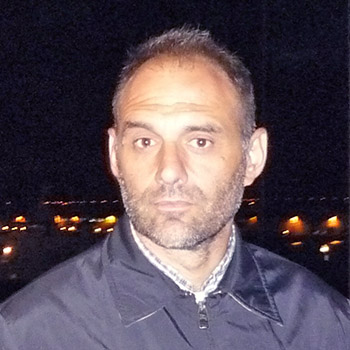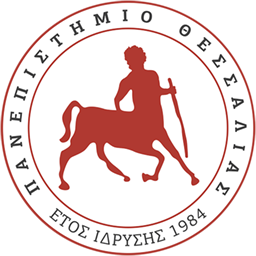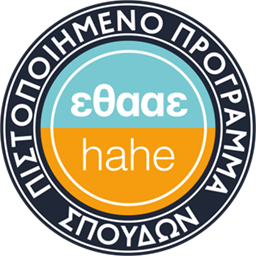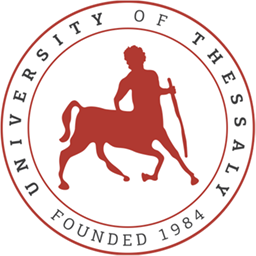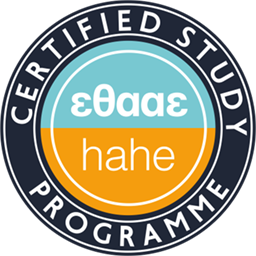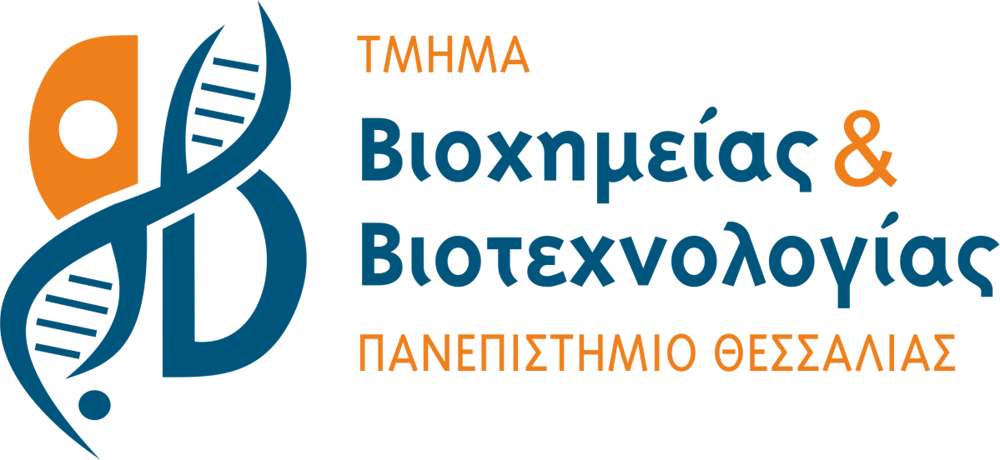Molecular Ecology
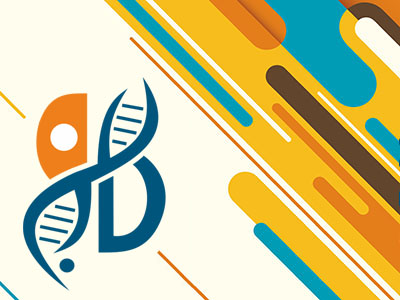
Theory: 2 hours/week | ECTS Units: 3
Content – Aim of the course
The central aim of this course is to demonstrate how molecular studies have revolutionised our understanding of ecology and of the interrelationships of organisms and their environments. Molecular Ecology sets out to convey the excitement of this rapidly-expanding field. The importance of these approaches to conservation biology is emphasised.
Analytical Description of the Course
By the end of the course the student should:
- Understand the methodology – how people do molecular ecology and evolution.
- Understand current ideas on the origin and evolution of life.
- Have learned how evolution acts on molecules, leading to the concept of molecular “clocks”.
- Recognise the special significance of mitochondrial DNA.
- Understand the role of mutations in evolution.
- Realise the great extent of microbial biodiversity.
- Understand how horizontal transfer of genetic information can occur, including possible problems arising from the release of genetically-modified organisms.
- Appreciate how molecular methods can help identify “difficult” species.
- Understand the application of molecular methods in population ecology, especially in relation to conservation biology.
- Appreciate the application of molecular techniques in behavioural ecology.
- Appreciate how molecular methods can recover information from fossil and museum specimens.
- Be able to analyse critically the results presented in scientific papers.
Assessment
Student performance is evaluated from the final written examination and from the successful completion of a personal assignment.
Reading Suggestions
- Molecular Approaches to Ecology and Evolution, Rob Desalle (Editor), Bernd Schierwater (Editor), Birkhouse, 1998.
- The Causes of Molecular Evolution, John Gilespie, Oxford University Press, 1994.
- Molecular Methods in Ecology, Allan J. Baker (Editor), D.T. Parkin, Blackwell Science Inc., 2000.
Teaching Material / E-class
Lecturers

Zissis Mamuris (Course Coordinator)

Anastasios Bounas
